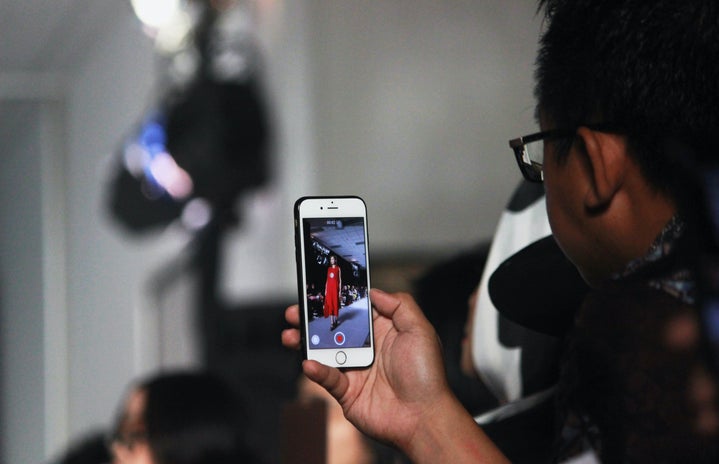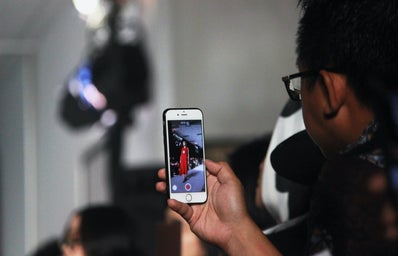Phones, once merely a means for communication, have become tools of surveillance in the 21st century. And while the benefits they’ve brought are not easily dismissed, they’ve undeniably fostered a culture of invasive entitlement. Transparency is now the highest virtue to strive for, whereas a desire for privacy is regarded with suspicion.
Although there hasn’t been a marked change in our online conduct over the past two decades, we seem to have grasped this concept of lost confidentiality on an implicit level. Private conversations are no longer private; anything put in writing can and will be used against you. It is no longer necessary to ask when uploading an image of your friend to hundreds of followers on Instagram; consent was inferred upon taking the picture. The term ‘stalking’ is used in the Gen-Z lexicon with an alarming alacrity, as learning how to sift through social media is a sort of initiation ceremony into adolescence. What did my classmate have for breakfast on June 14th, 2014? Waffles with syrup. What’s the name of my cousin’s new girlfriend? Oh shoot, they just broke up. While uploading these snapshots of life seem relatively harmless in the moment, the possibility of online predation invariably lingers in the background.
Despite this collective understanding there is nonetheless a sense of obligation to divulge information— concomitant with the expectation of an affected audience, dutifully and patiently waiting for your life’s update. Indeed, a sense of disappointment is often conferred upon the friend who fails to validate this assumption, as the degree of their affection for you is not a private matter, but a public affair measured in the number of comments left on your last post.
Particularly with the advent of AI, this enormous repository of personal data has placed us at risk of exploitation. We have left our footprints all over the digital landscape and have yet to discover who (or what) follows in our tracks. So while we can’t go back in time to erase our steps, it would be best to tread with caution in the future.


